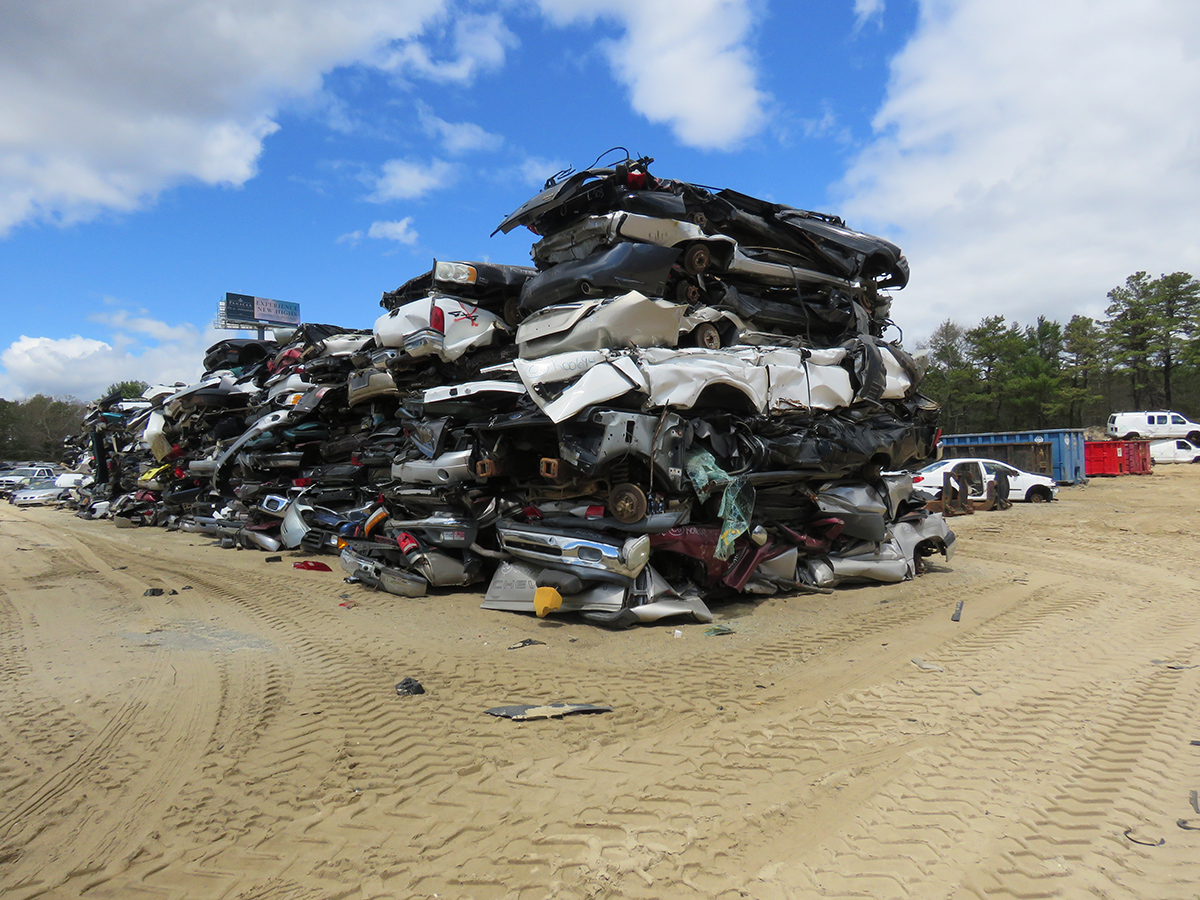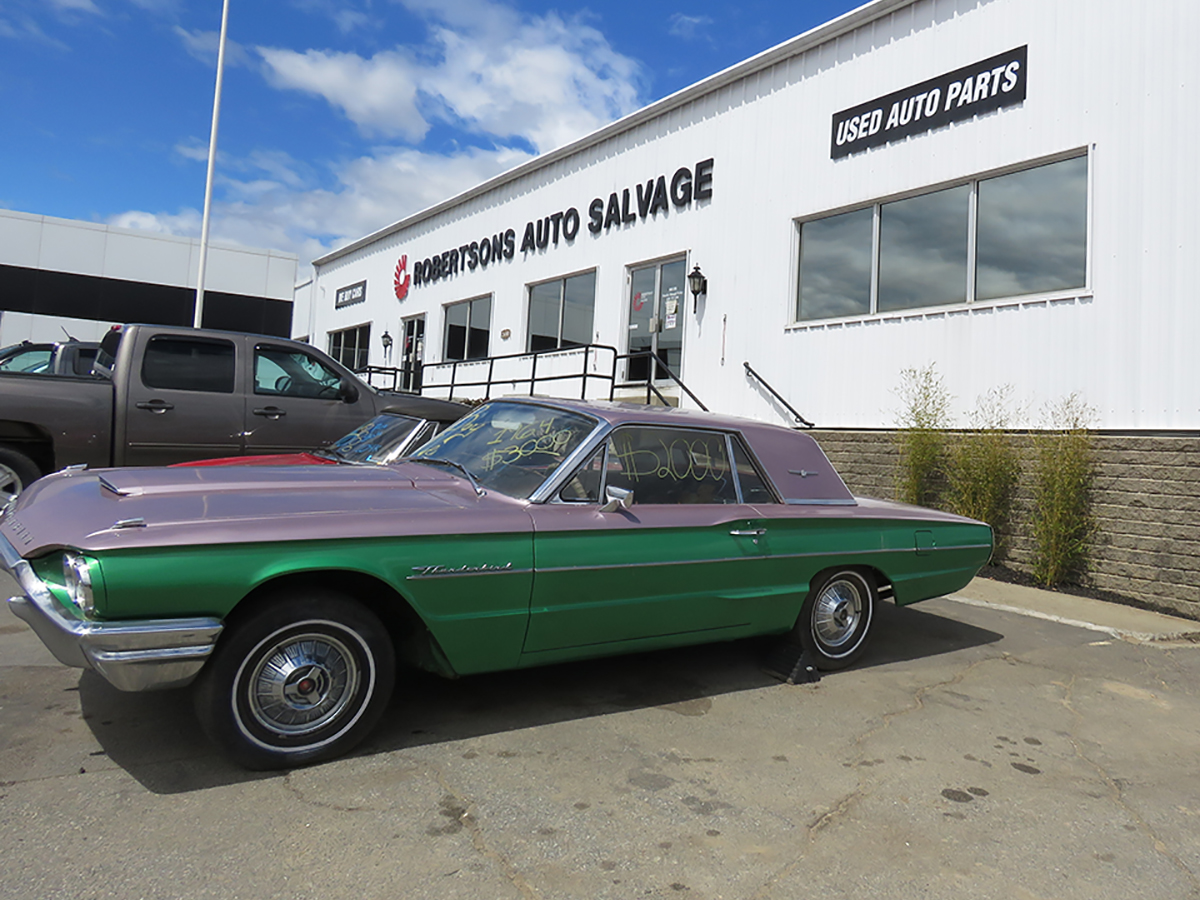
Auto Recycling – A Misunderstood Industry
January 26, 2021
Tips for Getting the Most Money When Selling Your Vehicle To A Junkyard
April 17, 2021The evolution of the automotive recycling industry has begun to speed up. Google the definition of evolution … “the gradual development of something, especially from a simple to a more complex form.” As much as we all sell used auto parts and scrap, none of us do it exactly the same way and we have all perfected our own business models that optimize profits. Therefore, this evolution will impact everyone differently, but none of us will be immune from it altering our business models.
Mary Barra, CEO of General Motors, has said that there will be more change to come in the next 5 to 10 years than in the previous 50 years in the automotive industry. Our Industry is not far behind. When you encounter an affecting change, you can either adapt or resist. Those that adapt usually survive, while others that resist often end up becoming obsolete over time.
By now you must be wondering what is going to cause this change in the automotive world … the electric vehicle. There are many people who doubt the viability of global adoption of this technology, and I’ve heard most of the rebuttals. Tesla proved that EV’s can be mass produced, if you don’t believe me, look at their share price and market cap, it takes a lot of believers to reach those levels.
Engines and transmissions are our top selling parts, and both are missing from Electric vehicles. I’ve read and heard others claim that the battery and electric motors being developed will last a long time … like 1 million miles. Engines and transmission engineering has come a long way, but most of the better ones will only last 250,000 miles while many fail within 100,000 miles. EVs have far fewer moving parts and requires a fraction of the maintenance of their ICE counterparts. You’ve taken away our top selling items and replaced them with items that do not break … what are we to do?
A far more serious problem we will encounter is EV dismantling and handling of high voltage batteries, which, when improperly done, can cause electrocution and facility fires. Andy Latham has been traveling the world educating our industry on proper EV dismantling and handling, but he only scratches the surface of those that could potentially process these vehicles. ARA’s certification committee is finalizing a High Voltage Vehicle Dismantling Protocol (HVVDP) for ARA’s Certified Automotive Recycler (CAR) program.
If we do not set the dismantling standards on EVs, we leave it up to other parties that will tell us how to run our business. California and Massachusetts legislators are setting up study groups to investigate how EVs are processed and what happens to the EV battery. Our industry needs representation in these groups that will write the laws that affect all vehicle dismantlers.
EV batteries are mostly composed of rare earth elements, which are mostly mined in countries that are not too friendly with the United States. While EV battery engineering continues to evolve in an effort to lower the production cost and extend the longevity of the charge, everywhere I read says the future relies on recycling the EV battery. These batteries will not only be in your vehicle, but possibly storing the power for residential houses and businesses. The Department of Defense is also looking in to these rare earth elements in developing products to keep our country safe. We need to protect our ability to harvest these EV batteries and not get cut out of the closed loop recycling process.
I haven’t even touched on other disruptors to our industry. Collision avoidance systems, autonomous vehicles, less miles driven by people working from home, subscription services, OEM insurance policies, single use part engineering, certified repair facilities, OEM repair procedures, our shrinking pool of employees, consolidation and attrition within our industry … the list grows every year. But don’t jump out of the window, we will adapt and thrive. ARA is here to make sure this industry is essential and relevant for many years into the future.

